Tokyo's Timeless Treasures Unveiled
Explore the heart of Tokyo on this captivating free walking tour, where tradition meets modernity at every turn, revealing the city's vibrant culture and history.
Time
3 Hours
Stops
9 Places
Distance
5.1 km
Senso-ji Temple
As Tokyo's oldest temple, Senso-ji offers a captivating glimpse into the spiritual and historical aspects of the city, making it a perfect starting point for a cultural exploration.
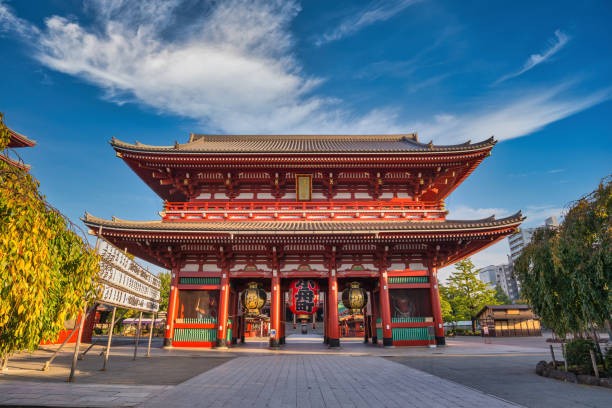
Senso-ji Temple (Source: Google Maps)
Senso-ji Temple, Tokyo's oldest temple, was founded in 645 AD and is dedicated to Kannon, the Buddhist goddess of mercy. The temple's iconic Kaminarimon Gate, adorned with a massive red lantern, welcomes visitors and marks the entrance to a spiritual journey. The main hall, reconstructed after World War II, showcases stunning traditional architecture, with intricate carvings and vibrant colors that reflect the temple's rich history. As a center for worship and cultural events, Senso-ji attracts millions of visitors annually, making it a vital part of Tokyo's cultural identity. The surrounding area is filled with shops selling traditional crafts and snacks, enhancing the temple's role as a cultural hub.
Asakusa Shrine
Located just a short walk from Senso-ji, Asakusa Shrine is a serene Shinto shrine that provides insight into Japan's harmonious blend of Buddhism and Shintoism.
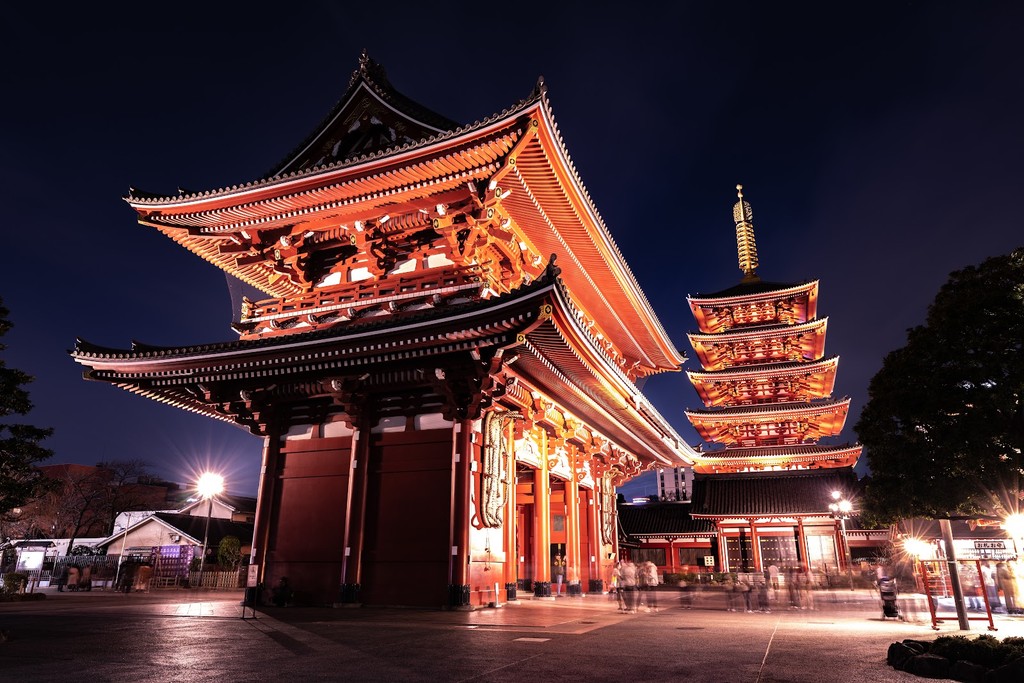
Asakusa Shrine (Source: Google Maps)
Asakusa Shrine, or Asakusa Jinja, is a Shinto shrine established in 1649 to honor the founders of Senso-ji Temple. Nestled amidst the bustling Asakusa district, this serene shrine features a beautiful torii gate and is known for its vibrant festivals, including the Sanja Matsuri, held annually in May. The shrine's architecture is characterized by its elegant wooden structures and lush gardens, providing a peaceful contrast to the urban landscape. Visitors can partake in traditional Shinto practices, such as purification rituals and fortune-telling. The shrine represents the harmonious coexistence of Shintoism and Buddhism in Japan, reflecting the cultural fabric of Tokyo.
Nakamise Shopping Street
This bustling street leading to Senso-ji is filled with traditional snacks and souvenirs, offering an authentic taste of local culture.
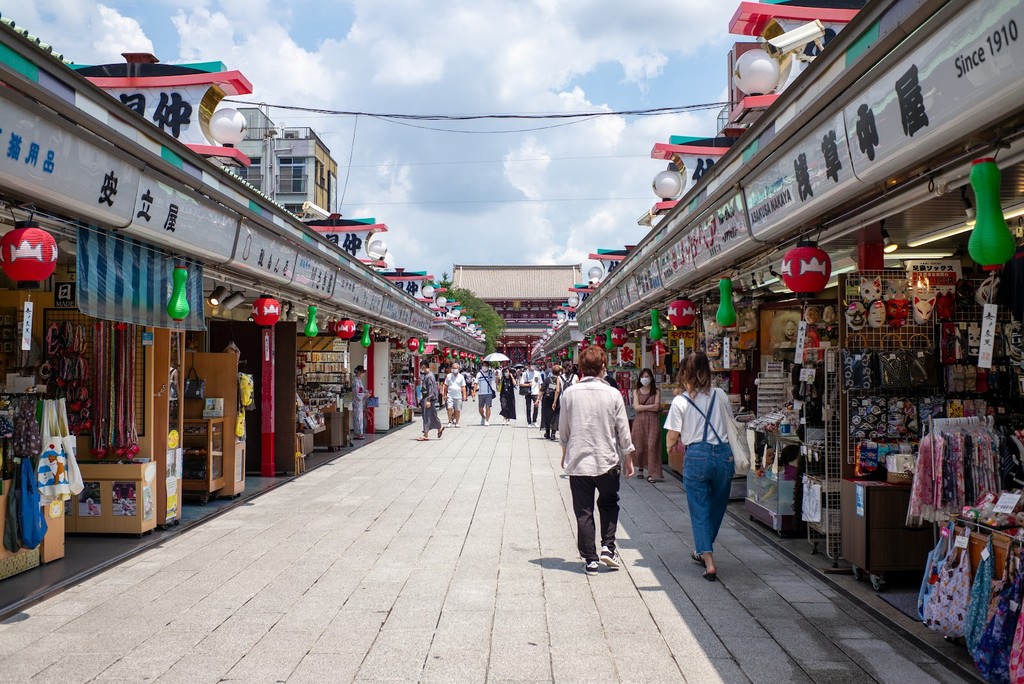
Nakamise Shopping Street (Source: Google Maps)
Nakamise Shopping Street, leading to Senso-ji Temple, is one of Japan's oldest shopping streets, dating back to the Edo period. This vibrant street is lined with over 90 shops offering traditional snacks, souvenirs, and crafts, making it a bustling hub for both tourists and locals. Visitors can indulge in popular treats like ningyo-yaki (sweet cakes filled with red bean paste) and senbei (rice crackers), while browsing handmade crafts and textiles. The lively atmosphere, combined with the historical significance of the street, offers a unique glimpse into Tokyo's culinary and shopping culture. Nakamise's charm lies not only in its offerings but also in its role as a cultural bridge between the past and present.
Sumida Park
A pleasant riverside park, Sumida Park is known for its cherry blossoms in spring and offers a tranquil escape with views of the iconic Tokyo Skytree.
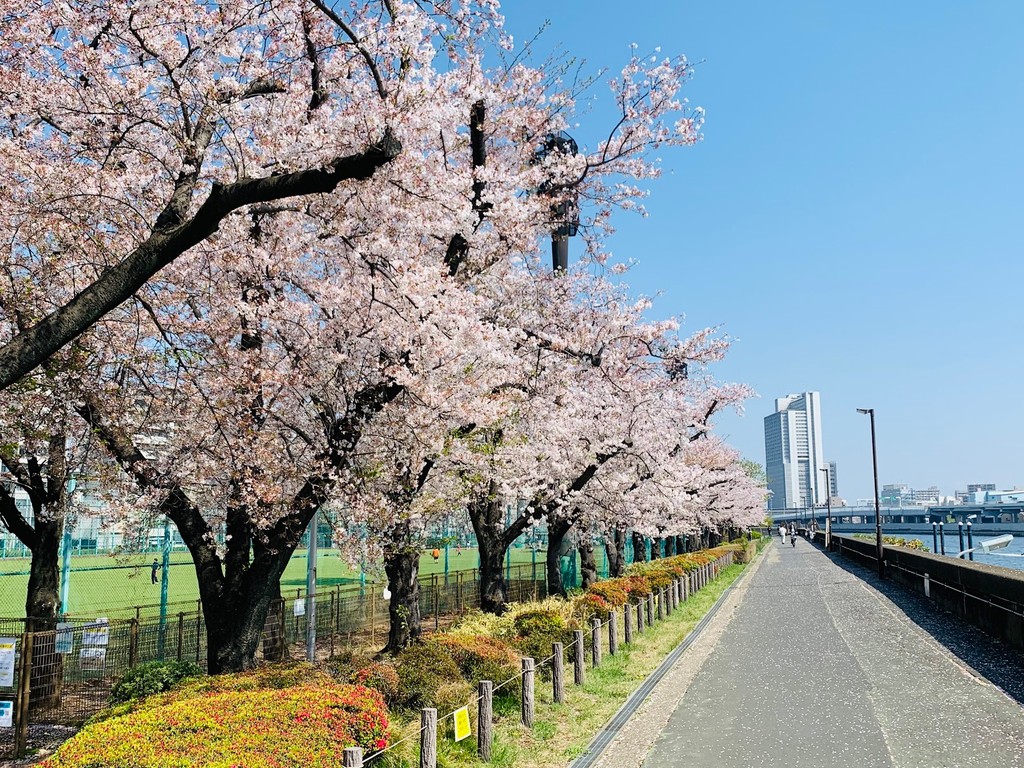
Sumida Park (Source: Google Maps)
Sumida Park, located along the Sumida River, is a scenic oasis in the heart of Tokyo, renowned for its cherry blossoms that bloom in spring. The park features beautifully landscaped gardens, walking paths, and stunning views of the Tokyo Skytree, making it a popular spot for picnics and leisurely strolls. Historically, the park has served as a gathering place for festivals and events, including the famous Sumida River Fireworks Festival. The tranquil ambiance of the park, combined with its cultural significance, makes it a beloved retreat for both residents and visitors seeking respite from the city's hustle and bustle.
Tokyo Skytree
As the tallest structure in Japan, Tokyo Skytree provides panoramic views of the city and is a modern marvel that contrasts with the historical sites visited earlier.
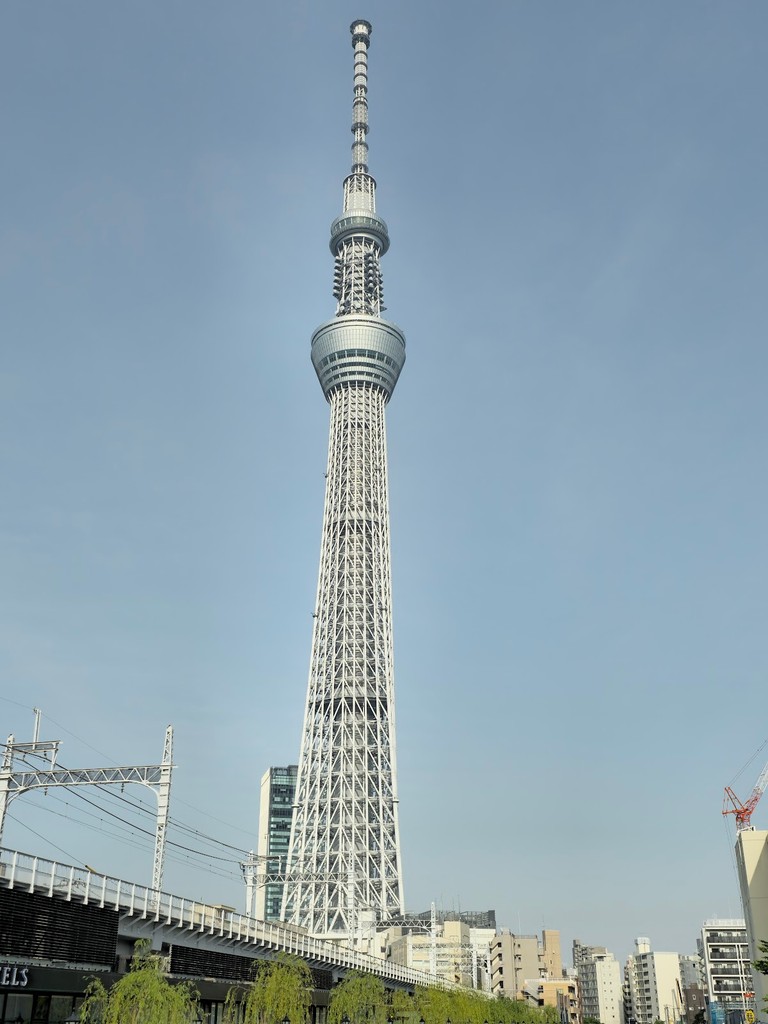
Tokyo Skytree (Source: Google Maps)
Tokyo Skytree, standing at 634 meters, is the tallest structure in Japan and a symbol of modern Tokyo. Completed in 2012, it serves as a broadcasting tower and observation deck, offering breathtaking panoramic views of the city. The tower's architectural design is inspired by traditional Japanese pagodas, featuring a unique triangular base that gradually transforms into a cylindrical shape. Inside, visitors can explore shopping and dining options, as well as the Sumida Aquarium. The Skytree has become a prominent landmark, attracting millions of tourists each year and showcasing Tokyo's innovative spirit and urban skyline.
Sumida Aquarium
Located within the Tokyo Skytree Town, the Sumida Aquarium offers a fascinating look at marine life and serves as a relaxing stop to enjoy the natural world.
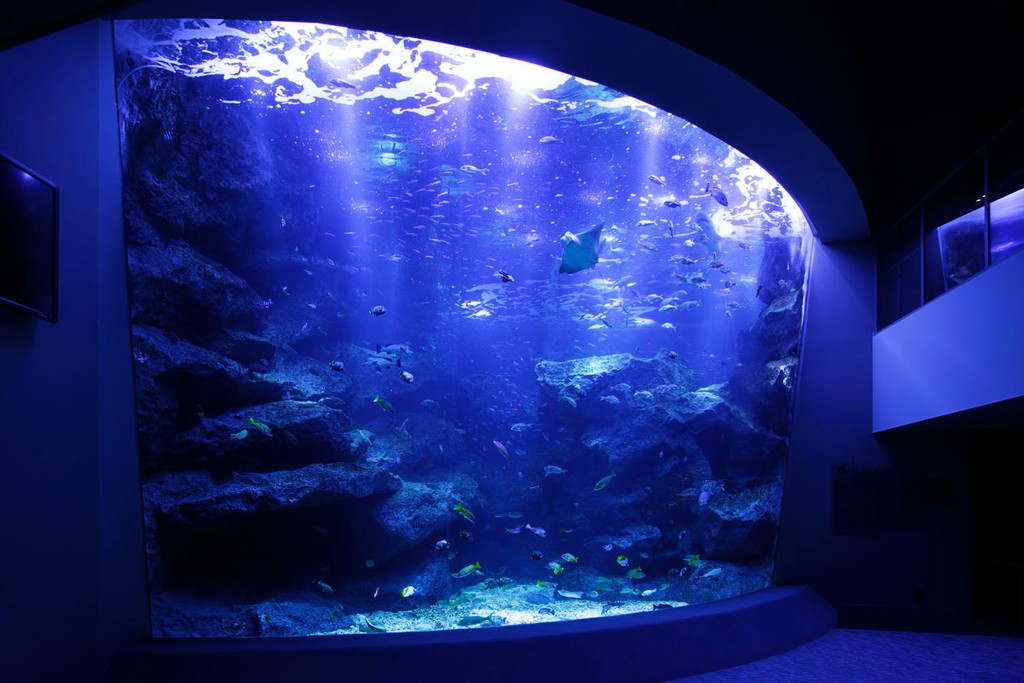
Sumida Aquarium (Source: Google Maps)
Located within the Tokyo Skytree Town, Sumida Aquarium offers a captivating underwater experience with its innovative exhibits and diverse marine life. Opened in 2012, the aquarium features a stunning display of aquatic habitats, including a mesmerizing jellyfish display and a large tank simulating the Antarctic environment. Visitors can observe various species of fish, penguins, and even sea otters, all while learning about marine conservation efforts. The aquarium's design emphasizes the connection between nature and urban life, providing a relaxing escape for families and tourists alike. Its location within the iconic Skytree adds to the allure of a visit, making it a must-see attraction.
Kyu-Yasuda Garden
This traditional Japanese garden offers a peaceful retreat with its meticulously maintained landscapes, providing a moment of reflection amidst the urban environment.
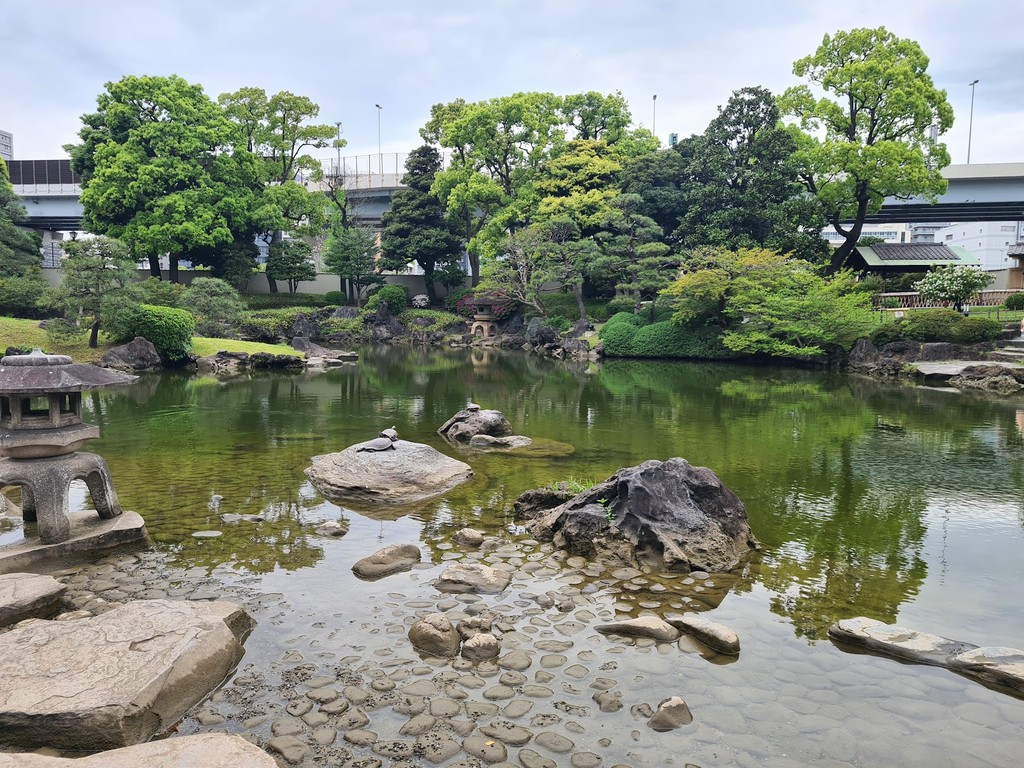
Kyu-Yasuda Garden (Source: Google Maps)
Kyu-Yasuda Garden is a traditional Japanese garden that embodies the beauty of nature and tranquility in the midst of Tokyo's urban landscape. Established in the Edo period, this garden features meticulously maintained landscapes, including koi ponds, stone lanterns, and walking paths surrounded by lush greenery. The garden is designed to reflect the changing seasons, with cherry blossoms in spring and vibrant foliage in autumn. It serves as a peaceful retreat for visitors seeking solace and reflection. The garden's historical significance is enhanced by its connection to the Yasuda family, who played a notable role in Tokyo's development. Today, it stands as a testament to Japan's rich cultural heritage.
Ryogoku Kokugikan
Known as the Sumo Hall, this arena is the heart of sumo wrestling in Japan, offering cultural insight into one of the country's most iconic sports.
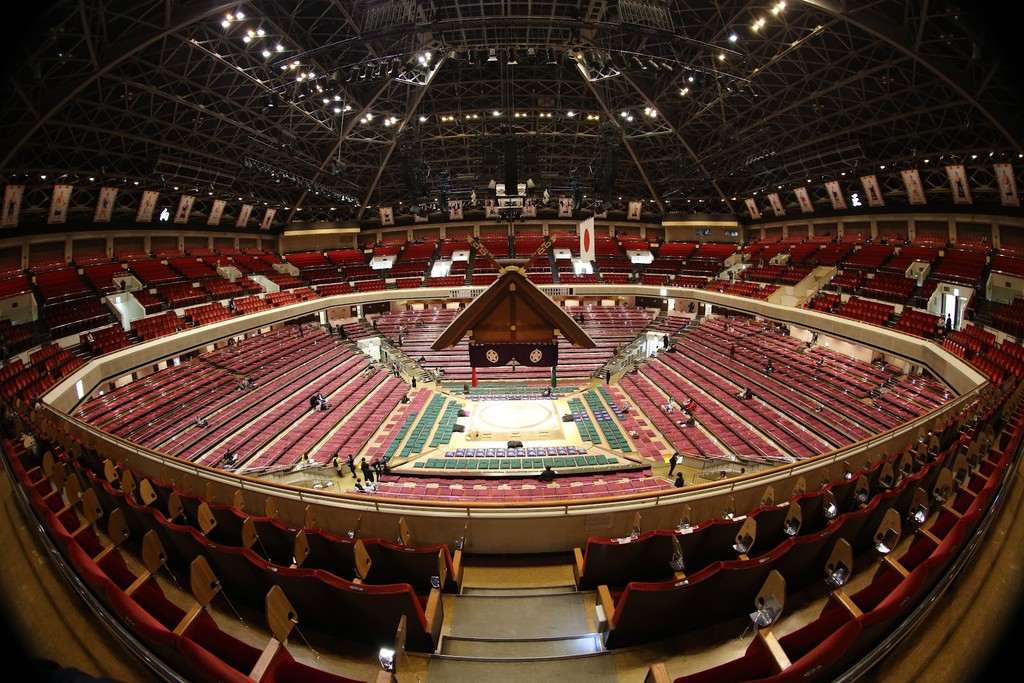
Ryogoku Kokugikan (Source: Google Maps)
Ryogoku Kokugikan, the heart of sumo wrestling in Japan, is an iconic arena that has hosted numerous sumo tournaments since its opening in 1985. This venue is not only significant for its role in the sport but also as a cultural hub, showcasing the traditions and rituals of sumo wrestling. Visitors can explore the Sumo Museum located within the arena, which features exhibits on the history of sumo, including artifacts and memorabilia. The arena itself is designed to reflect traditional Japanese architecture, creating an authentic atmosphere for sumo matches. Ryogoku Kokugikan is a must-visit for those interested in experiencing Japan's unique cultural heritage, offering a glimpse into the world of this ancient sport.
Edo-Tokyo Museum
The Edo-Tokyo Museum provides an engaging journey through Tokyo's transformation from a small fishing village to a bustling modern metropolis.
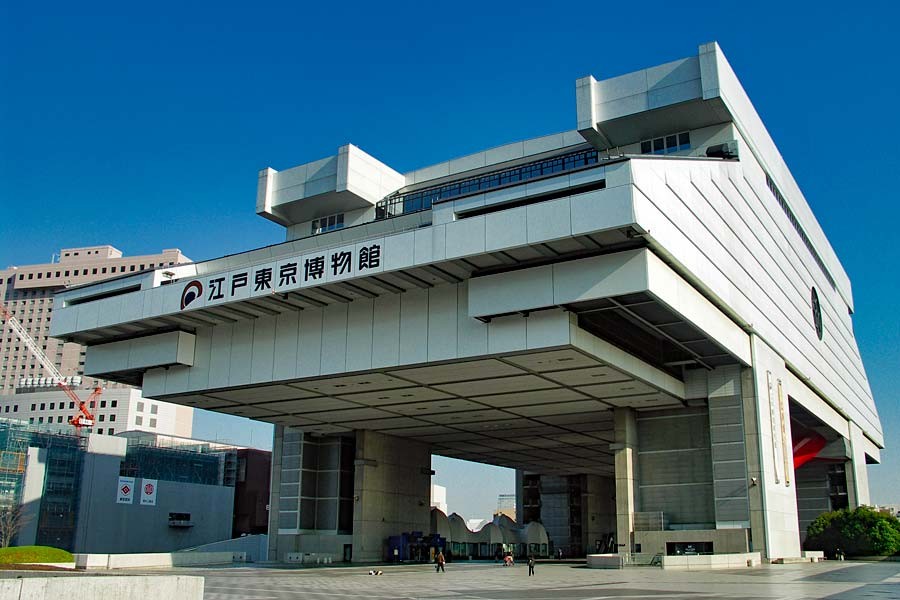
Edo-Tokyo Museum (Source: Google Maps)
The Edo-Tokyo Museum provides an engaging journey through the history of Tokyo, tracing its transformation from a small fishing village to a bustling metropolis. Opened in 1993, the museum features interactive exhibits, models, and artifacts that showcase Tokyo's rich cultural heritage. Visitors can explore various aspects of life during the Edo period, including architecture, daily life, and the city's development. The museum's design itself is a blend of traditional and modern elements, symbolizing Tokyo's duality. With its educational programs and workshops, the Edo-Tokyo Museum serves as an essential resource for understanding the city's past and its impact on contemporary Japan.
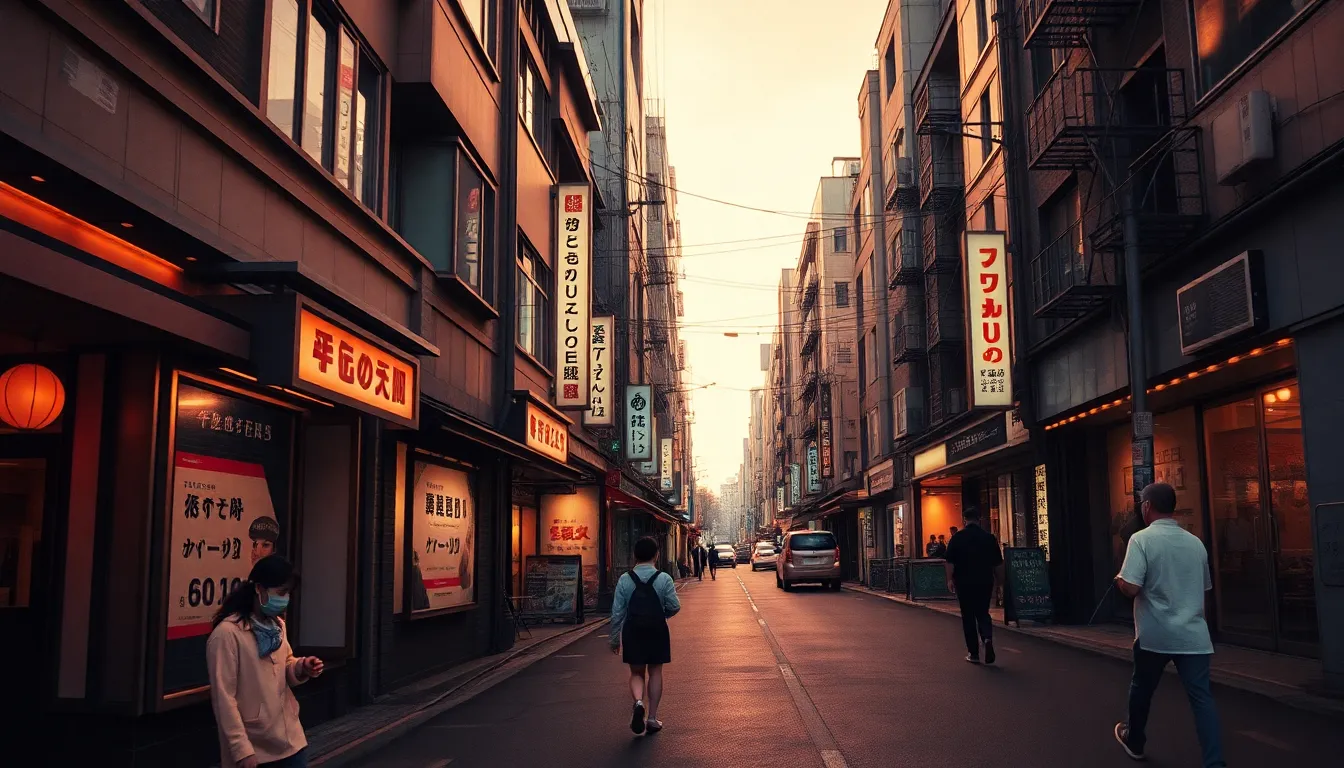
Your travels, your rules.
Create your own Free Walking Tours.
Set your preferences, distances and anything you want to do or see.
Completely free, no payment required.